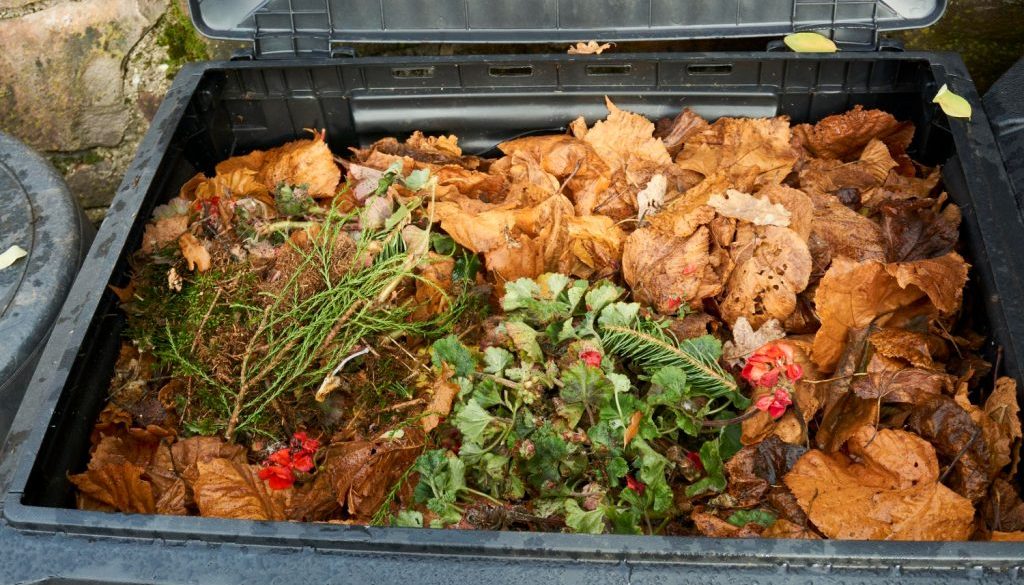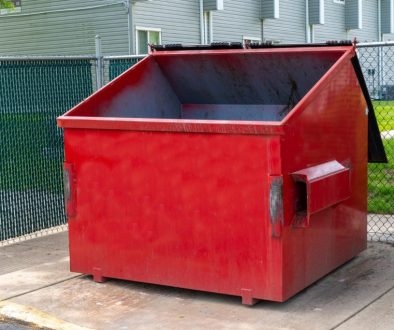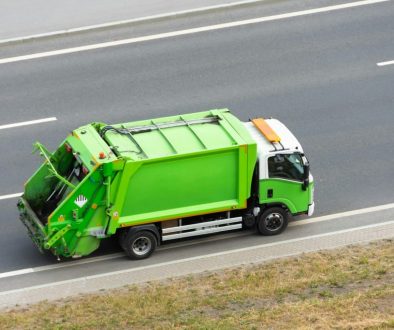Springtime brings a vibrant burst of life to our gardens. The colours are bright, flowers bloom, and everything feels fresh. While these months usher in beauty and growth, they also leave us with quite a bit of garden waste to handle. After the glorious bloom, you’re often faced with overgrown plants, weeds, and piles of leaves that need attention. Efficiently tackling this garden waste ensures your green space stays tidy and welcoming.
Managing garden waste isn’t just about keeping appearances. Left unchecked, organic matter can create a messy, unkempt look and invite pests. Moreover, the well-being of your garden depends on the removal of debris that can hinder growth. It’s essential to know how to handle waste properly to keep your garden flourishing throughout the year.
Preparing for the Cleanup
Getting ready to tackle garden waste after a lush spring involves gathering the right tools and materials from the onset. Here’s a checklist to make the process smooth and hassle-free:
– Garden Gloves: Protect your hands from thorns and rough plant edges.
– Pruners and Shears: Essential for trimming overgrowth and cutting back shrubs.
– Rake: Great for gathering leaves, debris, and grass clippings.
– Leaf Blower: Useful for quickly clearing large areas.
– Waste Bags or Bins: Necessary for collecting and transporting garden waste for disposal.
Having the right tools on hand ensures you’re well-prepared to tackle your garden waste efficiently.
Segregating your waste is just as important as collecting it. Different kinds of garden waste require different disposal methods. Here are some pointers:
1. Organic Matter: This includes leaves, grass clippings, and small branches. These materials are great for composting if you have a compost bin.
2. Weeds: These should be separated to avoid spreading them back into your garden. Dispose of them in a way that ensures they don’t regrow.
3. Larger Branches and Twigs: These may need chopping down to fit into waste bins or skips comfortably.
4. Non-Compostable Items: If you have any plastic plant pots or similar items, make sure to set these aside for recycling or proper disposal.
By planning your waste management, you’ll save time and effort, making sure every part of your garden stays beautiful and healthy.
Efficient Waste Removal
Once you’ve sorted your garden waste, it’s time to think about its removal. Using professional services can save you time while ensuring waste is disposed of correctly. Choosing the right skip service is key, particularly if you’re in Chester. Here’s how to select the best option for your needs:
– Assess Your Waste Volume: Consider how much waste you’ve generated. This will help determine the size of the skip you need.
– Check Local Regulations: Make sure you’re aware of any local guidelines about skip placement and waste disposal.
– Consider Accessibility: Think about where you’ll place the skip in your garden or on your property and whether a truck can easily access it.
Once you have your skip sorted, filling it efficiently will maximise space:
1. Flat Items First: Lay flat items like branches and leaves at the bottom.
2. Layer Waste: Alternate layers of different materials to stabilise the load.
3. Break Down Large Items: Cut branches or bulky waste into smaller sections to save space.
By planning effectively and following these guidelines, you’ll manage your garden waste efficiently.
Recycling and Composting Options
Beyond simply discarding waste, consider recycling and composting. Both options can transform your waste into something beneficial for the garden.
– Green Waste Bins: Your local council may provide green waste bins for recycling items like grass clippings and leaves. Check what’s accepted to optimise recycling.
– Composting: Starting a compost pile is a straightforward way to recycle organic matter. Here’s how to get started:
– Choose a Spot: Find a cool, shaded area not far from water access.
– Build or Purchase a Bin: A bin helps keep the compost tidy and adds aesthetic appeal.
– Add Ingredients: Combine green materials like kitchen scraps with brown materials such as dried leaves.
– Aerate Regularly: Turn your pile regularly to speed up decomposition.
Creating your compost can enrich your soil, reduce waste, and benefit your garden’s health.
Helpful Tips to Maintain Cleanliness
Looking after your garden and keeping waste in check doesn’t end with disposal. Regular maintenance helps in preventing waste build-up. Here are some simple tips:
– Regular Pruning: Trim plants and hedges consistently to keep them from growing out of control.
– Seasonal Tidying: Take advantage of seasonal shifts to regularly clear leaves and debris.
– Use Mulch: Spread mulch around plants to suppress weed growth and preserve soil moisture, cutting down on waste over time.
Keeping up with these tasks will ensure your garden stays neat and reduces the need for frequent large waste disposal efforts.
Finishing Your Garden Project
Managing garden waste after the burst of spring growth may seem daunting, but the result is well worth the effort. By organising your approach, selecting the right disposal methods, and maintaining your garden regularly, you’ll enjoy a beautiful, clutter-free space.
Effective waste management means fostering a healthier environment for your plants and making future cleanups more manageable. Your garden will not only look good but thrive, providing enjoyment all year round.
For residents in Chester ready to tackle garden waste efficiently, consider using a skip to simplify your cleanup efforts. Enviro Skip Hire offers flexible options tailored to your needs. To learn more about selecting the best service for skip hire in Chester, explore our offerings. A tidy and eco-friendly garden has never been easier to achieve.




